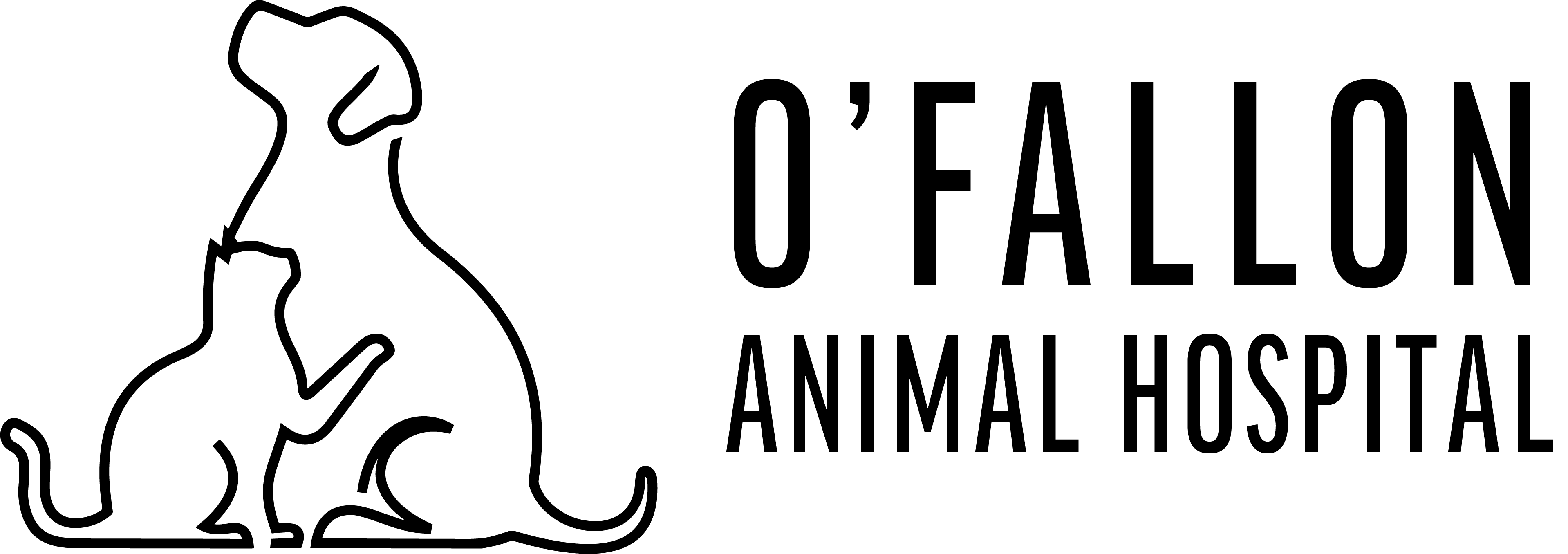Library
-
Monitoring your pet is important to his health. This handout discusses the use of trackers and apps to monitor your dog's activity level and overall mental and physical health.
-
This handout discusses the dangers of laundry and dishwasher detergent pods in dogs and cats. Consumption of detergent in any form is dangerous for cats and dogs. Signs of pod exposure include irritation of skin, eyes, and mouth as well as more serious gastrointestinal and respiratory signs that require prompt veterinary medical attention. Learning to recognize and prevent pod exposure will help keep pets safe.
-
It is not difficult to find your pet the extra care they may need if you have a busy schedule or are traveling. With the excellent pet sitter options available today, having a pet at home does not mean you cannot take a vacation every once in a while. Be sure to interview any potential sitters and use trusted friends, your vet, or online resources when looking for sitters. Hiring a pet sitter for your pet may be like a vacation for them as well!
-
Plaque forms on teeth shortly after eating and within 24 hours begins to harden, eventually turning into tartar. Tartar serves as a place for bacteria to grow, leading to gingivitis. As gingivitis worsens, periodontal disease develops, which includes inflammation, pain, and tooth loss. Prevention of plaque and tartar build-up is key. Use VOHC-accepted food and/or water additives, wipe or brush your cat's teeth daily, and have your veterinarian perform regular dental cleanings.
-
Plaque forms on teeth shortly after eating and within 24 hours begins to harden, eventually turning into tartar. Tartar serves as a place for bacteria to grow, leading to gingivitis. As gingivitis worsens, periodontal disease develops, which includes inflammation, pain, and tooth loss. Prevention of plaque and tartar build-up is key. Use VOHC-accepted food and/or water additives, wipe or brush your dog's teeth daily, and have your veterinarian perform regular dental cleanings.
-
Mouthing, nipping, and biting are used by all puppies during social play with their littermates. Once they leave their littermates, you can easily teach them a new set of games that are appropriate for social play with people. It is important to provide puppies with outlets for appropriate play from the start. Puppies should never be punished for playing with their teeth, as it can cause them to become permanently fearful of people.
-
Special care must be taken when your dog comes home after an operation to ensure the incision area stays clean and dry and heals properly. Some signs are cause for concern, and if observed, call your veterinarian right away.
-
This handout explains post-vaccination sarcomas (also called injection-site sarcomas) in cats. They are a rare consequence of vaccine injections (and other drugs or materials) that can cause a very aggressive form of cancer at the site of the injection. The incidence of this condition, as well as precautions you and your veterinarian can take, are highlighted.
-
Like rabbits and guinea pigs, prairie dogs require a diet high in fiber. As they are hind-gut fermenters, they need alfalfa up to one year of age and Timothy hay after one year of age plus a high quality prairie dog pellet. Treats should be kept to a bare minimum as prairie dogs are prone to obesity.
-
In the wild, prairie dogs burrow in the ground and make tunnels. Indoor caging must be long enough and deep enough whereby the pet has a chance to dig and make a borrow. Boxes and tubes large enough to crawl through make excellent additions to the cage.

